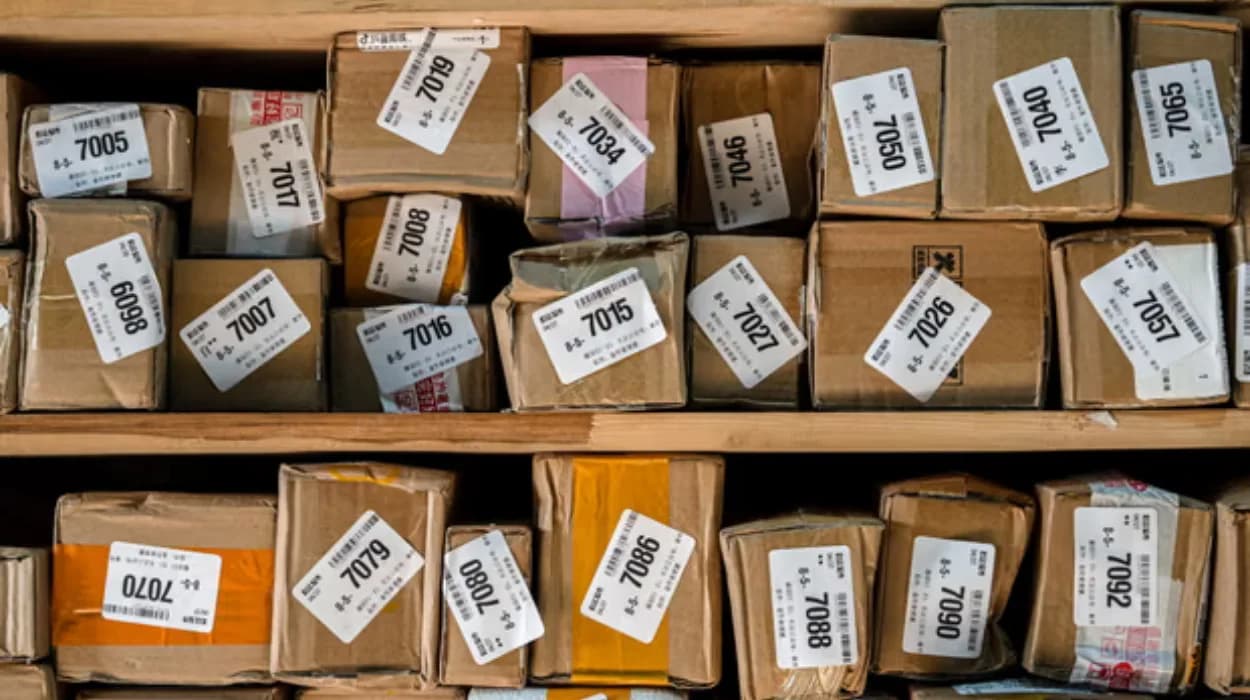Summary
- White House ends tariff exemption for low-value imports.
- Effective August 29, tariffs apply on all low-value packages.
- Exemption closed due to opioid and unsafe goods misuse.
- Postal duties based on value and origin country.
- Personal travel items under $200 are still exempt.
Packages worth at or less than $800 sent to the US outside of the international postal network will now be subject to "all applicable duties" beginning on August 29th, according to an executive order signed by Donald Trump on Wednesday, the White House stated.
The White House announced that the recently signed tax and budget measure eliminated the legal foundation for the de minimis exemption globally, effective July 1, 2027. The US president had previously targeted packages from China and Hong Kong.
“Trump is acting more quickly to suspend the de minimis exemption than the OBBBA requires, to deal with national emergencies and save American lives and businesses now,”
the White House said in a fact sheet, referring to the bill known as the One Big Beautiful Bill Act.
One of two tariffs will apply to goods delivered by the postal service: either an "ad valorem duty" equivalent to the package's country of origin's effective tariff rate, or, for six months, a particular tariff ranging from $80 to $200, depending on the tariff rate in the nation of origin.
What are the main reasons behind the White House's decision to end the exemption?
The exemption, which allowed imported goods valued at $800 or less to enter the U.S. duty-free, has been widely exploited by bad actors to evade tariffs and ship counterfeit goods, unsafe products, and narcotics, including synthetic opioids like fentanyl.
The White House cites the exemption as a "catastrophic loophole" that facilitates the smuggling of deadly synthetic opioids and other illicit items into the U.S., posing a major public health crisis.
U.S. Customs and Border Protection has been overwhelmed by the volume of low-value shipments, processing over 4 million de minimis shipments daily and finding that in fiscal year 2024, 90% of all cargo seizures, 98% of narcotics seizures, and 97% of intellectual property seizures originated from these shipments.

